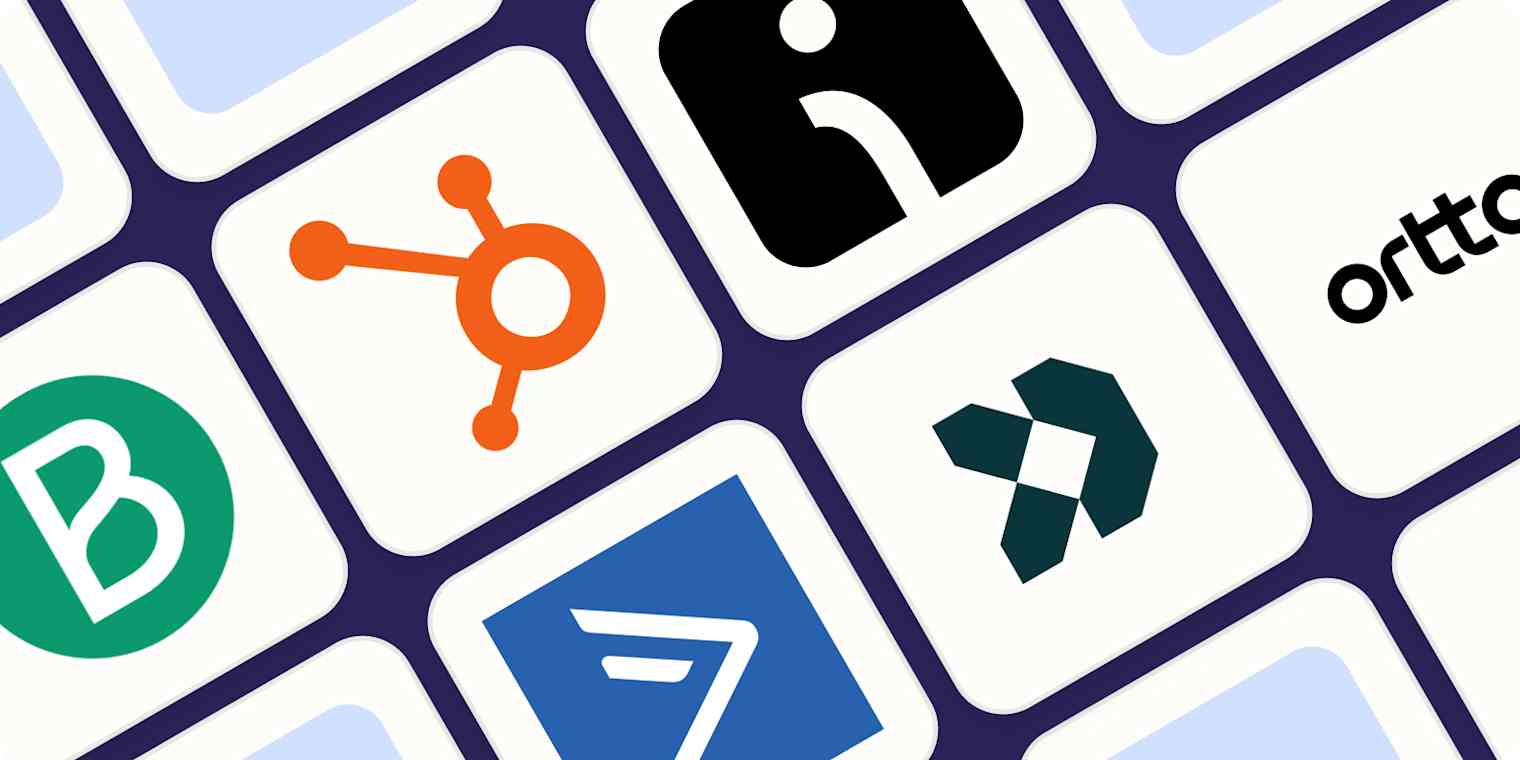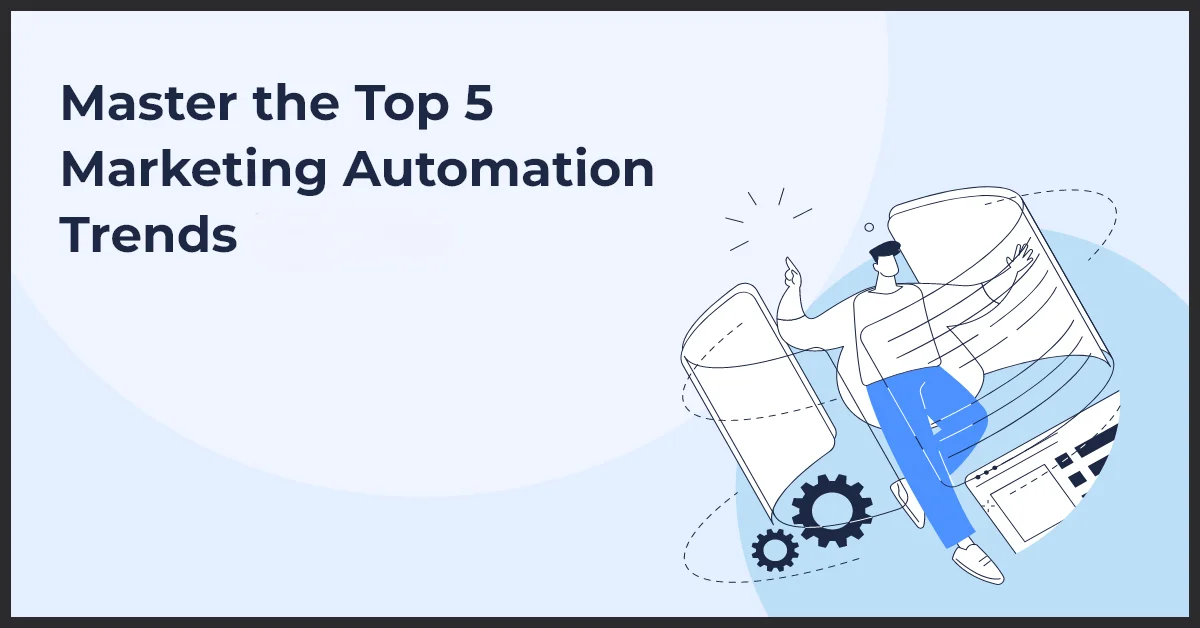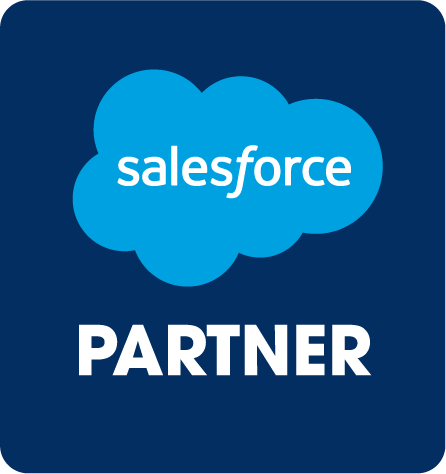Rebranding campaigns help companies evolve their products, demonstrating innovation and improvement over time. However, these changes can be abrupt for users who rely on these platforms for mission-critical operations. With the Salesforce Marketing Cloud rebrand now in effect, MarketWatch is here to assist businesses in navigating these changes. Our team has extensively analyzed the updates and is ready to provide insights to help businesses understand the differences between Marketing Cloud and Marketing Cloud Account Engagement, formerly known as Pardot, ensuring they choose the best fit for their needs.
What is Marketing Cloud Engagement?
Marketing Cloud Engagement, often referred to simply as Marketing Cloud, is a powerful B2C marketing automation platform. It comprises multiple modules designed to streamline, target, and personalize messages to customers, maximizing return on investment. This platform’s robust architecture operates independently from the core Salesforce infrastructure, using connectors such as Marketing Cloud Connect for seamless integration.
Key Features of Marketing Cloud Engagement
What sets Marketing Cloud apart from other marketing tools is its structured use of studios for managing content and marketing channels and builders for data and campaign automation. These components work together across various marketing channels, supporting email marketing, SMS, push notifications, targeted online advertising, and data management.
For businesses, Marketing Cloud Engagement provides an effective way to personalize campaign communication and enhance customer engagement. The platform offers built-in tools like customizable email templates that pull information directly from Salesforce and other data sources. Its advanced reporting capabilities present visualized performance data in a consolidated dashboard, allowing teams to assess campaign success and adjust strategies accordingly.
Is Marketing Cloud Engagement Right for Your Business?
Marketing Cloud Engagement is particularly beneficial for organizations prioritizing personalization, managing large volumes of data from multiple sources, and requiring sophisticated segmentation. However, it requires a significant investment in training and resources, making it essential to evaluate budget considerations before implementation.
Understanding Marketing Cloud Account Engagement (MCAE)
Marketing Cloud Account Engagement (MCAE), formerly known as Pardot, is closely integrated with Salesforce CRM. Designed primarily for B2B organizations, MCAE is ideal for businesses with longer decision-making cycles and diverse audience engagement needs. Unlike Marketing Cloud, MCAE is partially built on Salesforce’s core infrastructure, enabling seamless collaboration between sales, marketing, and development teams.
Key Features of MCAE
Businesses leveraging MCAE can benefit from its ability to monitor prospect behavior, segment audiences dynamically, and optimize marketing campaigns. Its integration with Salesforce objects enhances lead generation, qualification, and account-based marketing efforts. The platform also supports automated outreach and follow-up, ensuring targeted customer engagement. With user-friendly functionality, MCAE allows businesses to implement marketing automation without requiring advanced coding expertise, although working with a specialist can help maximize its potential.
Why Did Salesforce Rebrand Pardot to MCAE?
The renaming of Pardot to MCAE is part of Salesforce’s broader effort to simplify its product suite and improve customer experience. This rebrand aligns with the company’s commitment to enhancing software accessibility, making it easier for customers to understand and utilize its tools effectively. While MCAE is now positioned within the Marketing Cloud suite, it maintains a distinct product architecture, ensuring optimized integration with Salesforce CRM while enabling streamlined marketing operations.
Key Differences Between MCAE and Marketing Cloud Engagement
The differentiation between Marketing Cloud Engagement and MCAE extends beyond functionality, reflecting intentional design choices in infrastructure and data sourcing. While Marketing Cloud consolidates large volumes of data from multiple marketing channels, MCAE emphasizes sales and marketing unification, ensuring efficient data flow within CRM environments.
For businesses seeking to optimize engagement, MCAE provides a scalable marketing automation solution that enhances personalization, improves cross-departmental collaboration, and streamlines lead qualification. The platform’s automation capabilities reduce manual workloads, making it an excellent choice for smaller teams with extensive engagement cycles.
Making the Right Choice for Your Business
Choosing between Marketing Cloud Engagement and MCAE depends on several factors, including marketing strategy, engagement model, and budget. Marketing Cloud is best suited for B2C organizations with high-volume, personalized outreach needs, while MCAE is ideal for B2B-driven engagement and customer relationship management. Both platforms offer distinct advantages, and working with an expert can help businesses make the most of their investment.
How MarketCatch Can Help
MarketCatch specializes in guiding businesses through Salesforce Marketing Cloud solutions, ensuring they maximize impact and achieve their goals. Our team of certified experts is committed to providing tailored strategies that align with organizational objectives, helping businesses enhance engagement and drive meaningful results. Whether you need assistance selecting the right platform or optimizing your marketing automation strategy, MarketCatch is here to support you every step of the way.




